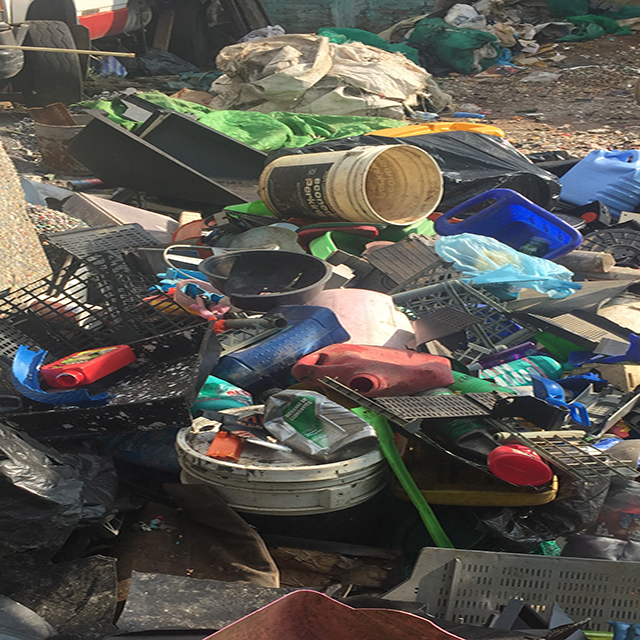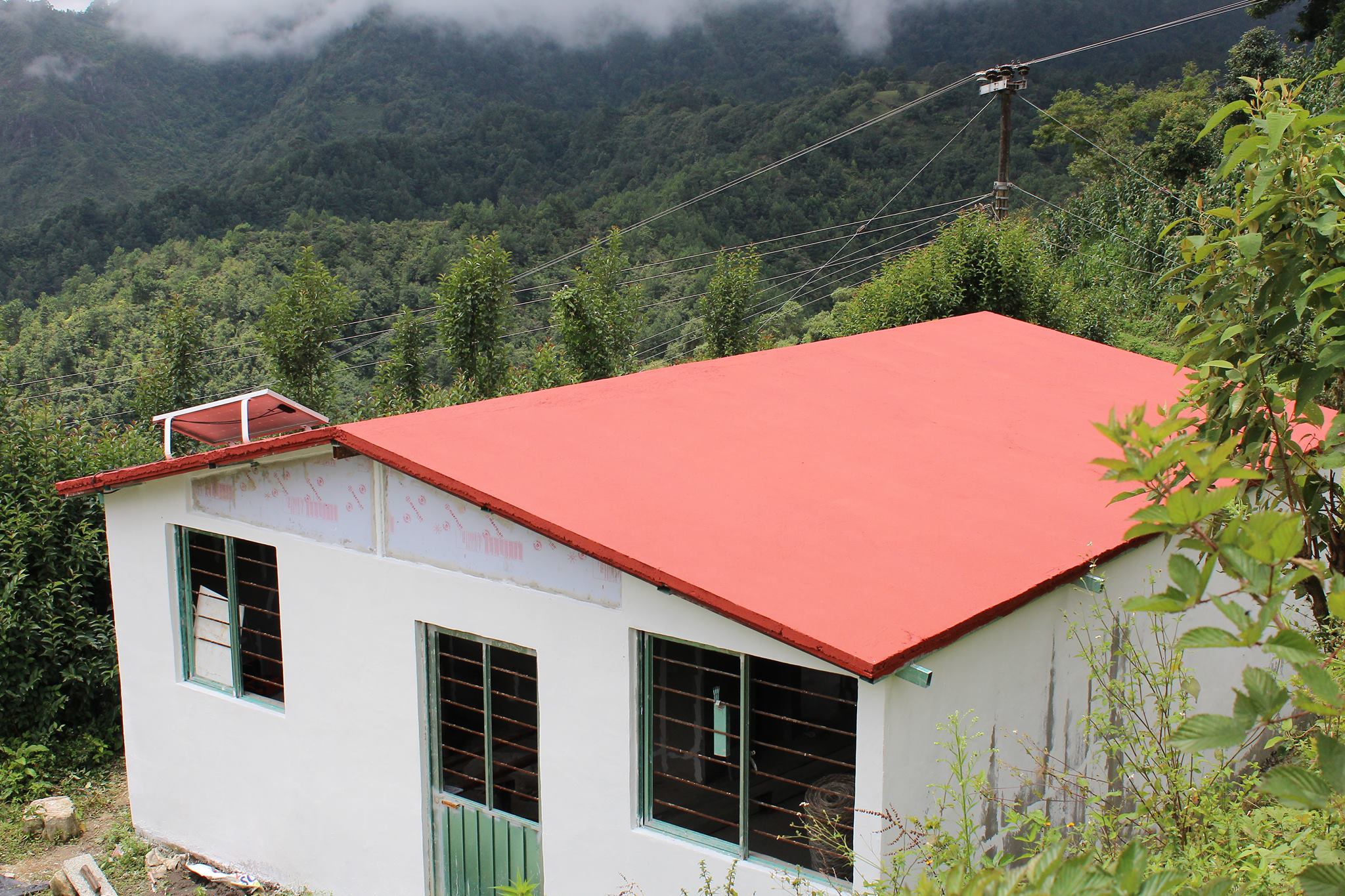
Enough plastic is thrown away each year to circle the Earth four times. Of the plastics produced, we only recover (or divert from landfills) about five percent. Left in landfills, certain varieties can take up to 1,000 years to decompose, leaking toxins into the soil and water in the meantime. It’s estimated that 10-20 million tons of plastic end up in the oceans every year.
Mexico ranks as the 12th largest plastics consumer in the world, consuming over five million tons of plastic each year. Growing up in the state of Puebla, Carlos Daniel González remembers the prevalence of this pollution and its damage to his community.
“As a kid, I remember seeing all of the plastic and the contamination it caused, for us and for the animals,” said González. “I’ve always cared about the environment, so I decided I had to create and lead a solution.”
In 2013, he founded EcoDomum to build durable, affordable homes using recycled plastic. Furthermore, González decided to employ his environmental solution to address another serious problem in his country—Mexicans living in extreme poverty.
The World Bank defines extreme poverty as “living on the edge of subsistence with an average daily consumption of $1.25 or less.” In Mexico, 11.5 million people—nearly 10% of the country’s entire population—live in extreme poverty.
Puebla, where EcoDomum is headquartered, is one of the poorest states in Mexico with 64 percent of the population living in poverty. According to González, this often means people in his neighborhood lack the basic needs of food and housing.
“I live in a place with a lot of poverty and problems of marginalization,” said González. “Some people live in truly deplorable conditions, places you can’t even call houses. My vision is very clear. I have the conviction to help the most people I can have a dignified life by getting rid of extreme poverty, cleaning up my country at the same time.”
EcoDomum does this by collecting plastic, melting it down and shaping it into large panels, and using those panels as the walls and roofs to build insulated houses.
According to González, the process is relatively simple. First, the company collects all kinds of used plastic—from soda bottles to old toys—and separates it to find the types that melt without emitting harmful fumes. Then, they put the plastic into a machine to chop it up. Next, the pieces are placed in an oven that heats up to 350 degrees Celsius (over 600 degrees Fahrenheit), taking approximately half an hour to melt all of the material. Finally, the liquid goes through a hydraulic press, which simultaneously compresses and crystallizes the plastic into the shape of the panels.

Close-up of EcoDomum plastic panel.
Each panel is nearly eight feet long, four feet wide and approximately one inch thick. Houses are typically around 430-460 square feet and contain two rooms plus one bathroom, one living room and a kitchen. Constructing a house requires 80 panels, and at its current capacity, EcoDomum’s plant produces 120 panels a day, transforming and repurposing 5.5 tons of what was once plastic waste.
“It only takes seven days to build a house that uses two tons of plastic,” said González. Furthermore, the durable, impermeable and affordable properties of plastic that have given it a competitive advantage for decades apply to these houses as well. “[A house] keeps you warm, the costs are low, it’s great for the environment, and it will last 100 years without falling apart. These are just some of our value propositions.”
Although the startup built two prototype houses, EcoDomum primarily sells the panels individually—a roof for 600 pesos (33 USD), an exterior wall for 650 pesos (36 USD), and an interior wall for 500 pesos (28 USD)—to local governments and organizations that take care of the construction of subsidized housing. Families only have to pay 5,000 pesos (approximately 280 USD) for a 430 square foot house.
In addition to helping the environment and housing those in need, EcoDomum also stimulates the local economy by paying trash collectors a higher rate for their work. According to González, trash collectors in Mexico are paid abusive wages by large companies, around 1.5 pesos (6 cents) for 1 kilogram (2.2 pounds). He thought if he could form alliances with these companies, paying them to pay higher wages to their employees, he could ensure a constant supply of material for his company’s panels. It worked, and he nearly doubled the wages of several trash collectors.

An EcoDomum prototype house built using its plastic panels.
To date, the startup has constructed 500 new 135 square foot rooms for the city of Huauchinango, Puebla. The city of Chiconcuhutla contracted the company to build 150 houses, 460 square feet each. Currently, EcoDomum is working on a contract from the city of Pahuatlán for another 150 homes. In 2016, the company is set to move into a larger warehouse and start expanding throughout all of Mexico.
“This has the potential to grow exponentially,” said González. “The problem of trash is huge in my country. In the whole world, there’s a ton of trash. In the next year, I want to grow the company ten-fold. First, we will concentrate in Mexico, but in three to five years, we want to go to other countries. There is poverty everywhere. The world is a house for everyone, and it’s worth it to fight for expanding this business. I will dedicate the rest of my life to this.”
A version of this post originally appeared on Unreasonable.is
~
Author: Brittany Lane
Editor: Travis May
Images: via Ecodomum with permissions








Read 0 comments and reply